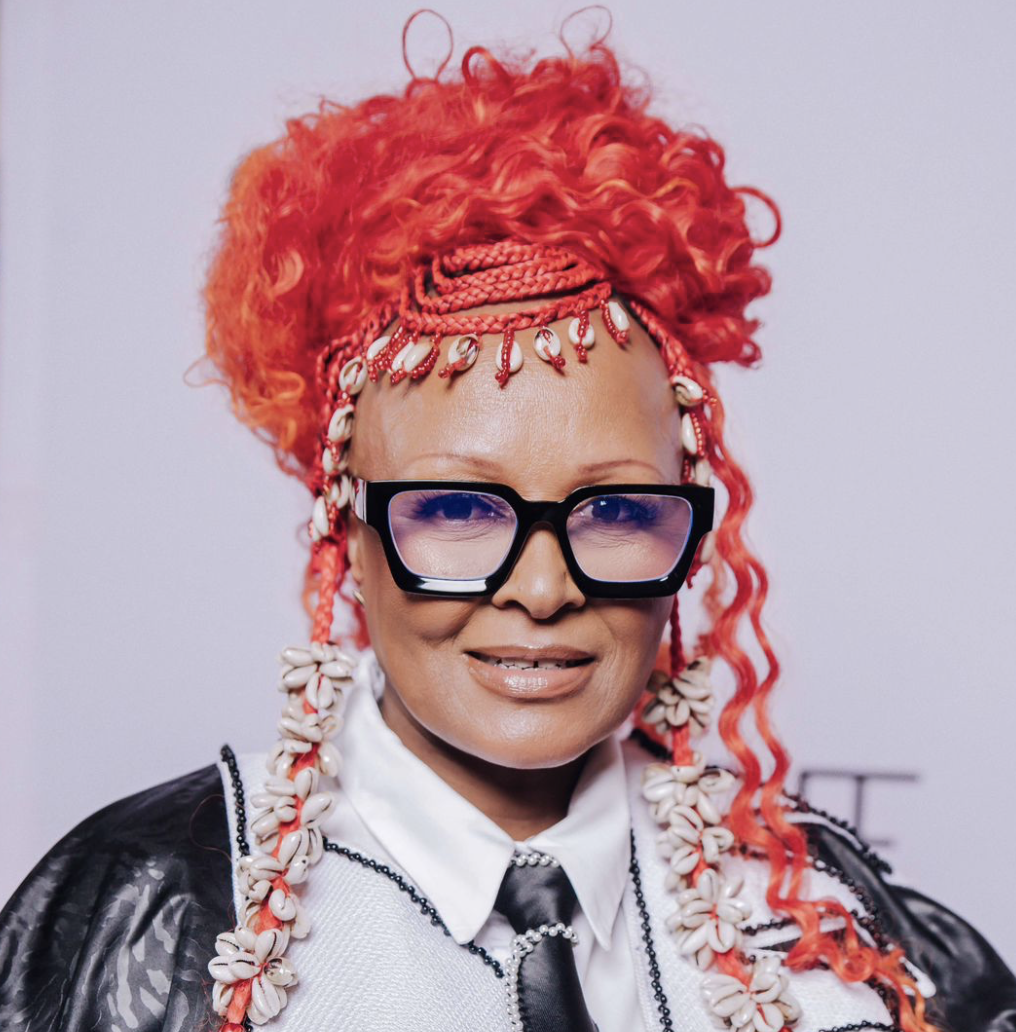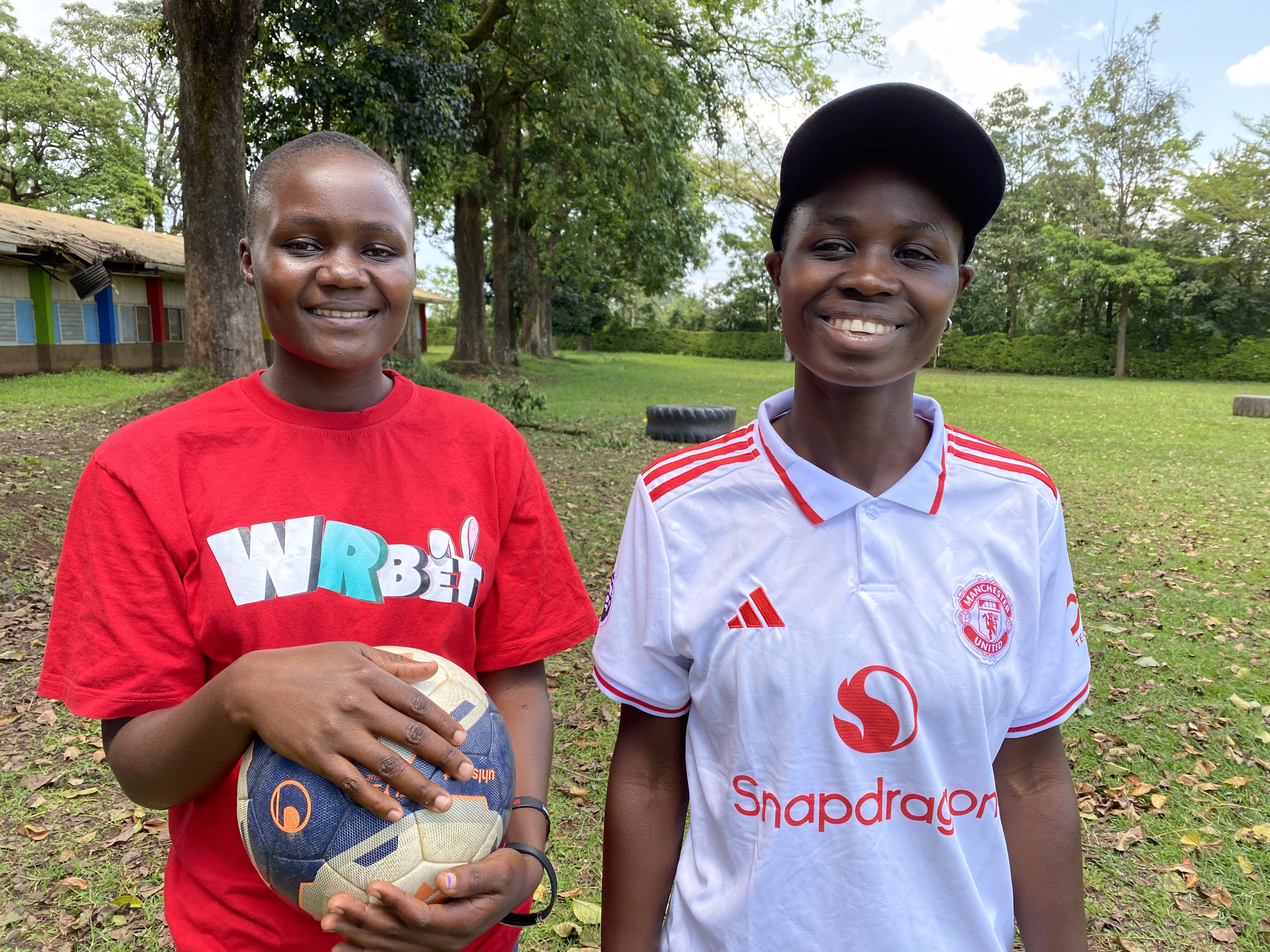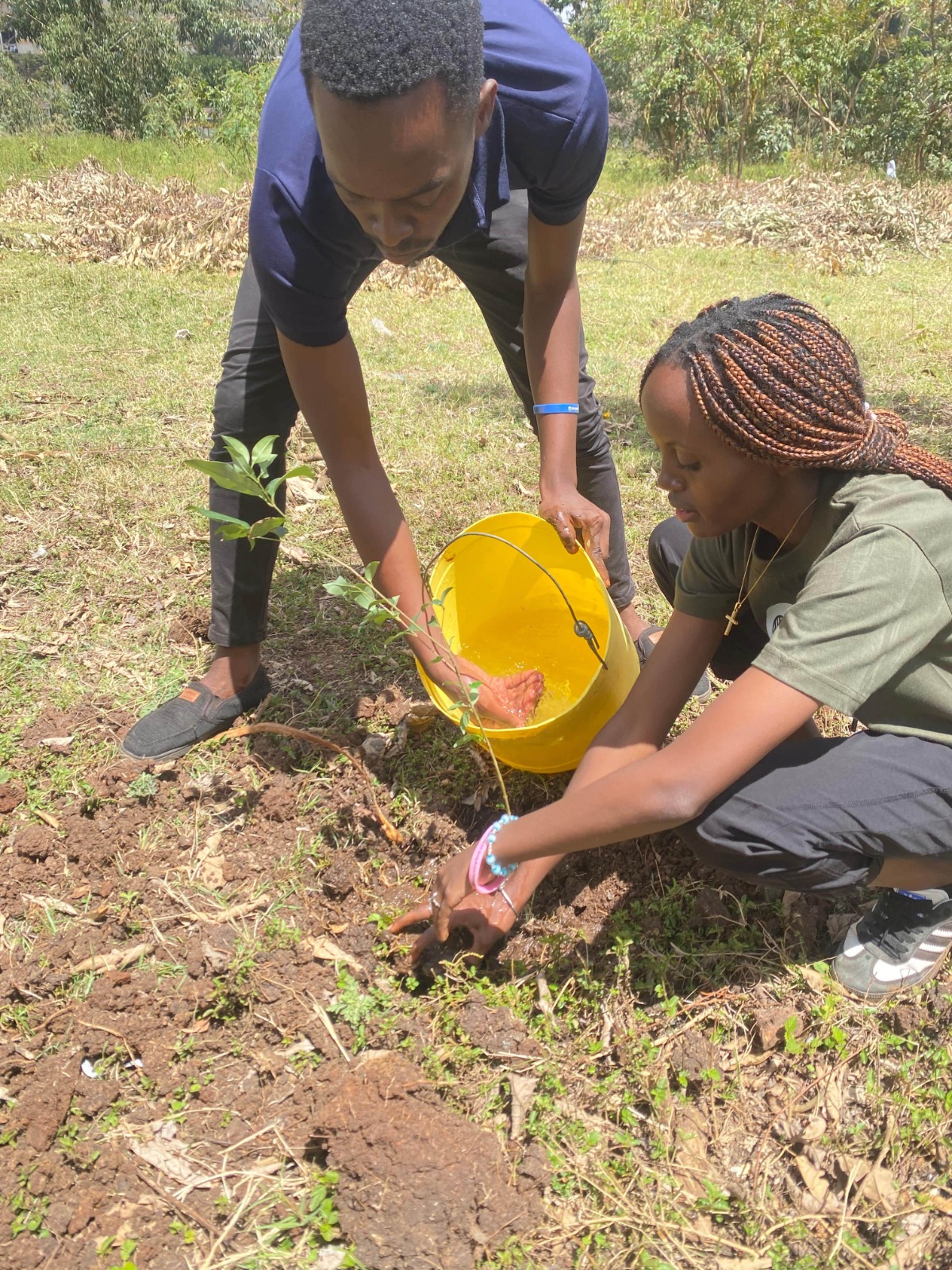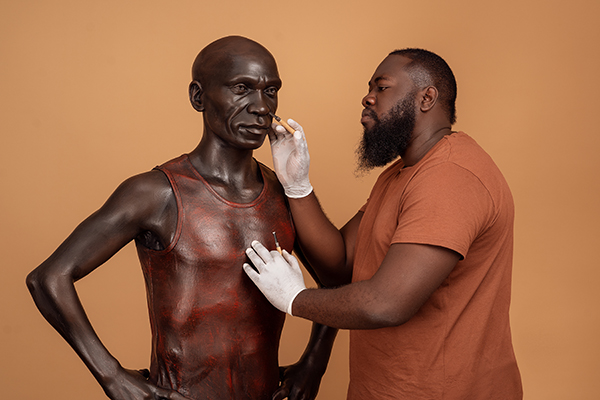Ngugi wa Thiong’o – East Africa’s finest novelist
Arguably East Africa’s finest novelist, Ngugi wa Thiong’o has never failed to articulate the African culture, always entertaining in so doing.
The Kenyan author was born 1938, when the wave of independence was passing through Kenya. His family was very much embroiled in the Mau Mau war. His half-brother became actively involved in the Kenya Land and Freedon Army while his mother was tortured at a homeguard post.
Ngugi wa Thiong’o attended the prestigious Alliance High School and later Makerere University College in Kampala where he obtained his B.A in English.
Ngugui wa Thiong’o’s first novel, ‘Weep Not, Child’, was published in 1964. He wrote this novel while attending the University of Leeds in England. This was the first novel in English to be published by a writer from East Africa.
A year later, Ngugi publishes his second novel, ‘The River Between’, whose background was the Mau Mau rebellion. In this book, Ngugi captivatingly describes the unhappy romance between Christians and non-Christians back then. This novel would become an integral part of the Kenyan education. It has been used numerously for literary education in the Kenyan schools after being adopted by the Kenya National Secondary School’s Syllabus.
In 1967, Ngugi publishes yet another novel, ‘A Grain of Wheat’.
During this period, Ngugi renounced the English language and Christianity, and even dropped the name James Ngugi in favour of Ngugi wa Thiong’o. He then began to write in Swahili and his native Gikuyu.
In 1977, while he was a professor at the University of Nairobi, Ngugi published a play, ‘Ngaahika Ndeenda’(I Will Marry When I Want). This play had a political message that provoked the then Kenyan vice president Daniel Arap Moi to order his arrest. He was subsequently detained in the Kamiti Maximum Prison.
While in detention, Ngugi wrote the first modern novel in Gikuyu, ‘Caitaani Mutharaba-ini’ (Devil on the Cross), on prison issued toiled paper.
After his release, his family was still harassed due to his writing about the dictatorial government at the time. Because of this, Ngugi and his family were forced into exile. He only returned into the country after Moi’s regime ended.
Ngugi has written many other books, and continues to write. His children seem to share in the same passion and just recently launched their works in Kenya.
Ngugi wa Thiong’o always stands out as being able to describe African cultures very vividly.
He also engages in literary studies campaigns in various learning institutions across the world.







